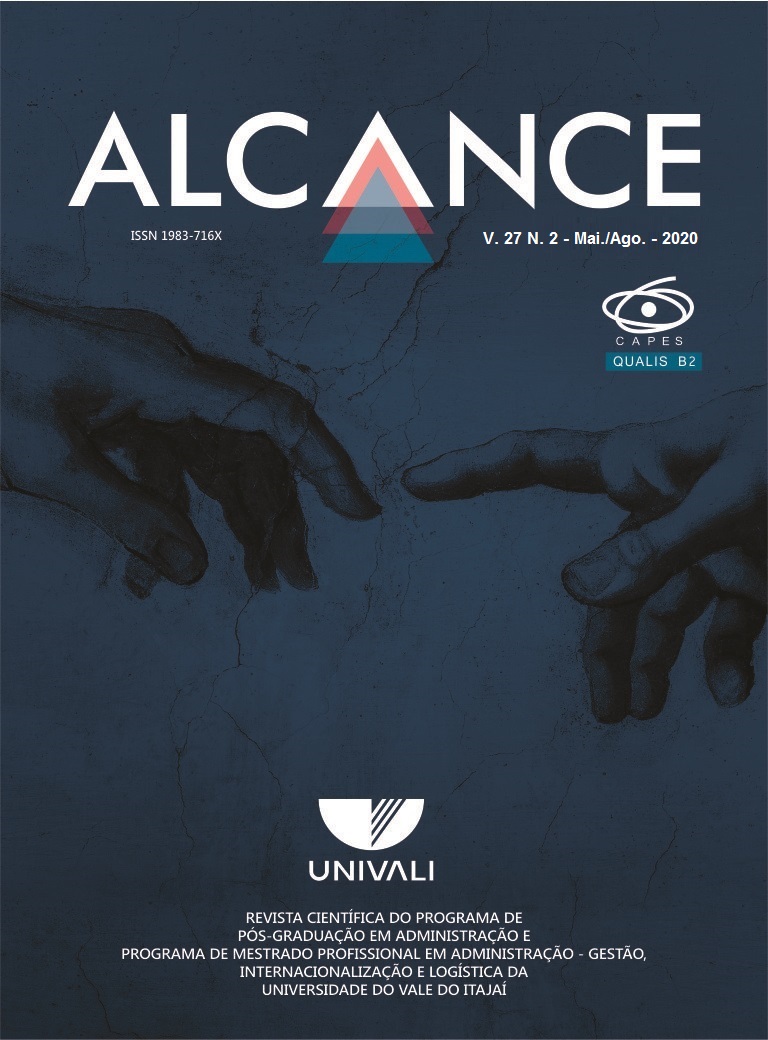ESTUDO LONGITUDINAL COM CANDIDATOS VOLUNTÁRIOS EM UMA FUNDAÇÃO BRASILEIRA
Data de publicação: 02/04/2020

Este estudo define as motivações individuais para voluntariar-se para trabalhar em uma Fundação na Paraíba, Brasil. Ele não esboça nenhuma conclusão sobre as motivações dos voluntários; por exemplo, os motivos da rotatividade de voluntários, ou até mesmo os benefícios efetivos que justificariam que os indivíduos se oferecessem como voluntários no contexto brasileiro. Este é um estudo longitudinal, com coleta de dados em dois momentos distintos, em um período de dois anos. Os objetivos deste estudo são reduzir a dissensão das motivações de voluntários no Brasil e apoiar os gerentes em geral que interagem com os voluntários, por meio do recrutamento de novos candidatos. A coleta de dados baseou-se em um modelo validado no contexto nacional e baseou-se nos principais fatores: valores altruístas, justiça social, afiliação, aprendizagem e valores egoístas. Os dados foram analisados usando métodos estatísticos descritivos, ANOVA, Teste t de Student para amostras independentes e correlações (bivariadas). Motivações altruístas, busca por justiça social e aprendizado são apontados como os aspectos mais citados no levantamento. É importante mencionar uma relação inversa que ocorre com as variáveis “idade” e “perfil egoísta”.









